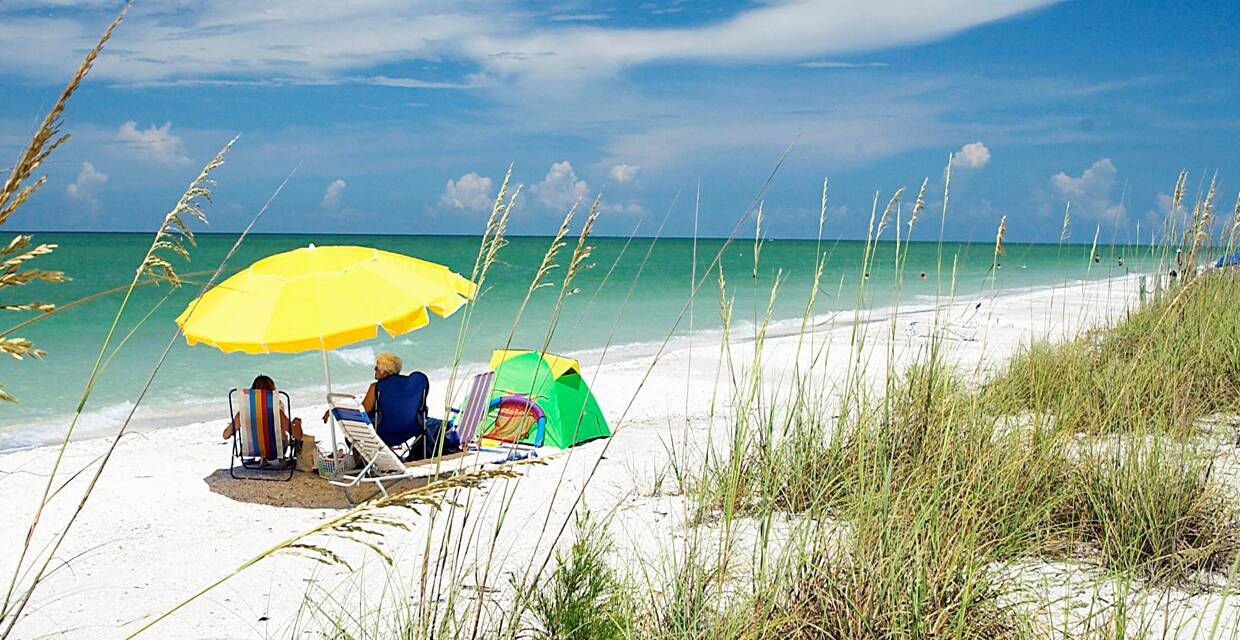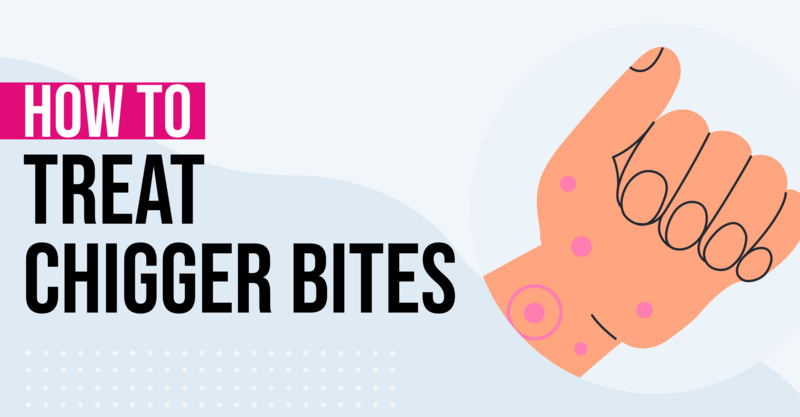Key Points
- Florida beaches are a popular vacation spot, but there are four main hazards to be aware of: jellyfish, sharp shell cuts, shark bites, and insect stings and bites.
- Jellyfish, including the Moon Jellyfish, Upside Down Jellyfish, and Sea Nettle, can cause painful stings that may require medical attention. Even dead jellyfish can sting, so always seek help from a lifeguard if stung.
- Sharp shells on the beach can cause minor to major cuts. It's recommended to wear sturdy footwear to avoid injuries. If you get a cut, seek out lifeguards for first aid care and possibly a walk-in clinic for deeper wounds.
- There are many varieties of sharks in Florida waters. If you see a shark, try not to move and it will most likely pass by. If bitten, seek immediate medical attention.
- Insect stings and bites are common on Florida beaches. Most can be treated with simple first aid, but severe reactions may require urgent care. Always look up the nearest urgent care center before heading to the beach.
The beaches of Florida are sunny, welcoming, and a popular spot for vacationers throughout the year. Before you head out to the beach on your Florida vacation, take note of these four hazards to watch out for on the beach.
Related: 2021 Summer Vacation checklist →
#1 Jellyfish
The Florida coastline contains a few varieties of jellyfish including the Moon Jellyfish, the Upside Down Jellyfish, and the Sea Nettle. All of these species have tentacles and can sting you when swimming in the water. If you are stung, you may experience red or raised welts and pain—often the pain can be severe.
You may also experience itching or tingling, headaches, and nausea. One fact not readily known is even dead jellyfish can sting a person. Welts and bumps may last up to two weeks but if you are stung, it's best to find a walk-in clinic near the beach. If you experience difficulty in breathing, chest pain or feel faint, you may be experiencing a severe allergic reaction and should head immediately to an urgent care center.
Because it's unwise to remove jellyfish tentacles on your own, it's best to see a doctor. Always contact the lifeguard if you are stung as they can help provide first aid and set up "purple flags" that announce marine wildlife in certain areas.
#2 Sharp Shell Cuts
Also on Florida beaches are massive amounts of shells and pieces of shells. Stepping on a sharp piece or edge of a shell can cause a minor or major cut to the foot. Shells or shell pieces can also be found in shallow water. Cuts can be lengthwise and you may experience bleeding or they can be punctures.
Your best bet is to put on footwear with a sturdy sole before walking in the sand or playing in shallow water. Beach sandals with protective soles come in many varieties and it is best if everyone in your group wears them to stay protected. If you are cut, you can seek out the lifeguards for first aid care. Minor cuts may be treated with peroxide, soap and water and bandages. A puncture-type wound may require you to seek out walk-in care clinic locations near the beach for medical treatment and perhaps a tetanus shot or booster. Deep cuts may require stitches.
#3 Shark Bites
There are many varieties of sharks in Florida waters including the Blacktip, Bonnethead, Bull, Hammerhead, Lemon, Nurse, and Tiger shark. Before you head into the water, ask lifeguards about shark sightings and pay attention to signs that tell you to keep out of the water.
If you are in the water and do see a shark, try not to move and most likely the shark will pass you by. If you are bitten, however, know the urgent care locations near the beach so you can head there immediately for treatment. In addition, lifeguards can call for emergency care help and shut down swimming in shark infested areas.
#4 Insect Stings and Bites
From sand flies to mosquitoes to bees and wasps, insect stings and bites are perhaps the most common Florida beach hazard. While most of these can be treated with simple first aid like removing a stinger and washing and bandaging the cut, others may be severe if one is allergic to a certain insect.
Before heading to the beach do an Internet search on "urgent care near me" so you'll be prepared if emergency care is needed. Pay attention to these four Florida beach hazards and your vacation and know when you need urgent care.
Frequently asked questions
What are some of the hazards to be aware of when visiting Florida beaches?
Some hazards to be aware of when visiting Florida beaches include jellyfish stings, sharp shell cuts, shark bites, and insect stings and bites.What are the symptoms of a jellyfish sting and what should I do if I get stung?
Symptoms of a jellyfish sting include red or raised welts, pain, itching or tingling, headaches, and nausea. If stung, it's advised to find a walk-in clinic near the beach. If you experience difficulty in breathing, chest pain or feel faint, you may be experiencing a severe allergic reaction and should head immediately to an urgent care center. It's also important to contact a lifeguard if you are stung.What precautions can be taken to avoid sharp shell cuts?
To avoid sharp shell cuts, it's recommended to wear footwear with a sturdy sole before walking in the sand or playing in shallow water. Beach sandals with protective soles are a good option.What should I do if I get a cut from a shell?
If you get a cut from a shell, you can seek out the lifeguards for first aid care. Minor cuts may be treated with peroxide, soap and water, and bandages. A puncture-type wound may require you to seek out walk-in care clinic locations near the beach for medical treatment and perhaps a tetanus shot or booster. Deep cuts may require stitches.Are there sharks in Florida waters?
Yes, there are many varieties of sharks in Florida waters including the Blacktip, Bonnethead, Bull, Hammerhead, Lemon, Nurse, and Tiger shark.What should I do if I see a shark while swimming?
If you see a shark while swimming, try not to move and most likely the shark will pass you by. If you are bitten, know the urgent care locations near the beach so you can head there immediately for treatment. Lifeguards can also call for emergency care help and shut down swimming in shark infested areas.What are some common insects on Florida beaches?
Some common insects on Florida beaches include sand flies, mosquitoes, bees and wasps.How can I prepare for potential medical emergencies on Florida beaches?
Before heading to the beach, do an Internet search on "urgent care near me" so you'll be prepared if emergency care is needed. It's also important to pay attention to the four Florida beach hazards mentioned in the article.











